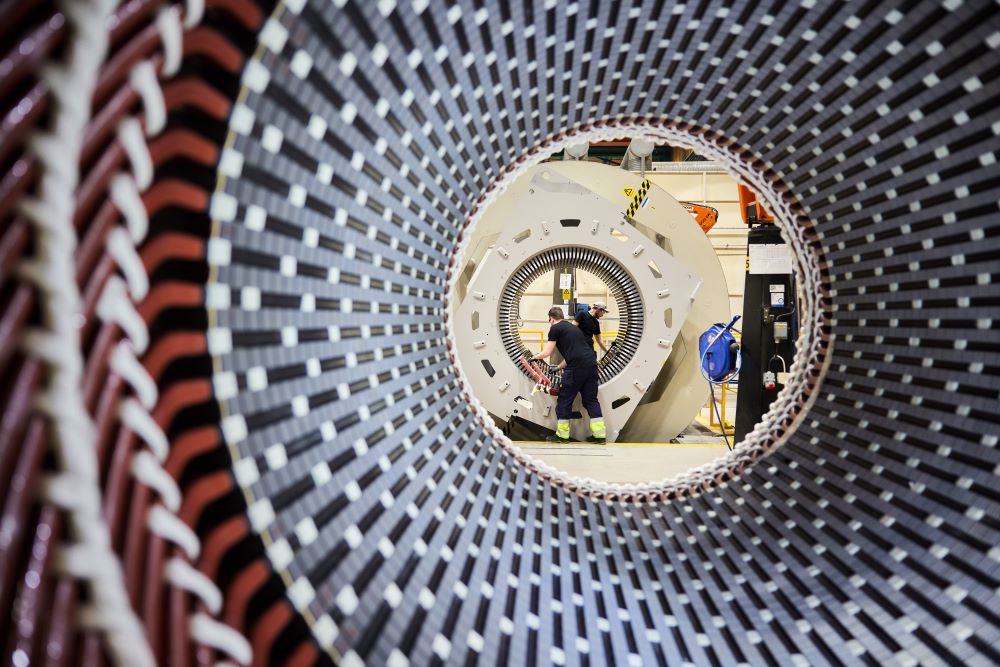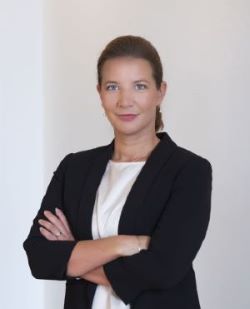How KTH and Industry Are Working to Meet Future Competence Needs
ABB

The competence needs of the industry are evolving in response to societal changes and technological shifts such as digitalization and electrification. The demand for skilled professionals is significant, and for Sweden to remain competitive, the education system must be developed to match these needs. How can we ensure that educational programs are adapted for future jobs and working life?

Future Education Initiative
The transformation program Future Education at KTH was initiated in 2022 to structure the development of educational programs from a long-term, holistic perspective. Joakim Lilliesköld was involved in launching the program.
"We consistently come back to the fact that students are expected to have solid foundational knowledge. In addition to that, new knowledge areas such as sustainability and digitalization are becoming increasingly important. We also see a need for greater understanding of how to approach sustainability challenges across society. Furthermore, AI and cybersecurity are rapidly growing fields that many companies seek expertise in today," says Joakim Lilliesköld.
Training for Undefined Problems
"Students today receive good training in solving well-defined and structured problems, but not in dealing with undefined problems. The ability to handle the latter must become part of students' DNA," he argues.
"Their toolbox should also include the ability to say no and to challenge the problem itself. The solution may not always be technical. Other critical competencies include communication skills, self-awareness, teamwork, and group dynamics—tomorrow’s engineers will work in teams and collaborate across disciplines. Additionally, students must be prepared to continually update their skills to meet evolving needs throughout their careers. Lifelong learning is essential," says Joakim Lilliesköld.
Industry and Academia Collaboration
Åsa Granli, Business Area Manager for ABB Motion in Sweden, is part of KTH’s external advisory council, Future Education External Advisory Forum, where representatives from various companies meet to discuss competence needs with KTH.

"The Swedish industry spans many different sectors, each with its own needs. A common challenge is the high demand for qualified engineers, both in Sweden and globally. At ABB, we require a broad competence base, ranging from traditional engineering disciplines to expertise in emerging technologies. Staying at the forefront requires a strong focus on continuous professional development, where lifelong learning becomes a key factor. Emerging technologies such as digitalization and AI are rapidly reshaping the landscape, making it crucial for employees to continuously develop their skills," says Åsa Granli.
Sustaining Interest in Technology
"By increasing industry involvement in education, companies can have a greater impact. ABB is already engaged in this effort by offering guest lectures, study visits, and courses featuring industry participation. However, there is potential to work even more systematically," says Joakim Lilliesköld.
"While much focus is placed on knowledge in new technologies, an equally significant challenge is ensuring the continued growth of the engineering profession. Many experienced engineers are approaching retirement, making it crucial to attract more young people to the field. Encouraging more women to pursue engineering careers is particularly important to broaden the competence base and create more diverse teams," adds Åsa Granli.
"A comprehensive approach is needed—from inspiring education at the primary school level to better support in high school and university, along with internship opportunities in industry. Employers also need to be more active in showcasing the possibilities of an engineering career and the impact technological innovations can have on society."

